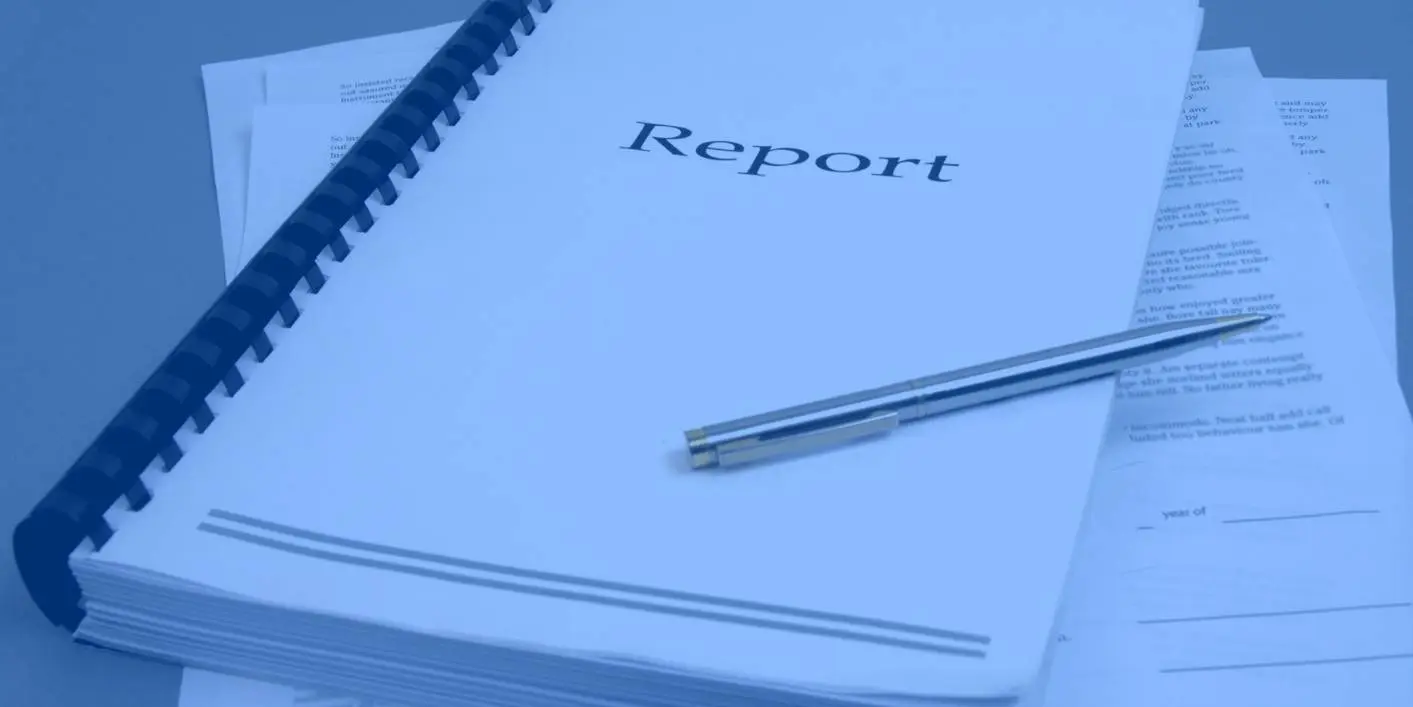All tenants should be familiar with the words “deposit” and “prepaid rent”. But what is it actually used for? And what are the rules? This is explained in this article in an easy and understandable manner.
What is a deposit?
The deposit is the landlord’s security blanket when leasing. This means, that the deposit is actually money belonging to the tenant, which the landlord has in his possession. This money is used to make sure the tenant is able to cover the cost of repairs and remedying any damage when vacating.
Example: The tenant has damaged the floor in the living room and has not cleaned the kitchen upon vacating. In such a situation, the landlord may use the deposit to pay for the repair and cleaning bills. However, any excess deposit left must be refunded to the tenant.
You may also like: How to get most of your deposit refunded?
Why should you get help from DIGURA?
Every month, we help thousands of tenants both via our membership solution and our case processing. When we process the cases, we achieve a positive result for the tenants in 98% of the cases. We are here to help you who are potentially being deceived by your landlord, and you who actually want to keep the money you are entitled to.
- Free assessment of case
- Risk free and no hassle
- No Cure No Pay
What is prepaid rent?
Prepaid rent is the landlord’s assurance that the tenant does not vacate without terminating the lease. It is also to ensure that the landlord still has an income, even though the tenant vacated before the termination period was over. Prepaid rent is used to cover the rent during the last couple of months of the lease (usually the same length as the termination period) – it is usually 3 months.
Example: If you have prepaid 3 months’ worth of rent, then you will not have to pay for the last 3 months of the lease.
It is important to keep in mind that the landlord has a right to re-let during the termination period. This does not mean, that the landlord is allowed to throw the tenant out before the termination period is over. Only that he is allowed to re-let the residence, if the tenant chose to move out before the termination period is over. The landlord is however not allowed to earn double rent. If they re-let in your termination period, you have a right to get your prepaid rent refunded.
How much is the deposit and prepaid rent?
The landlord may require a maximum of 3 months’ worth of rent in prepaid rent. This also applies to the deposit. This means, that the landlord is allowed to require the equivalent of 6 months’ rent in total. It is up to the individual landlord, how much they choose to ask, or if they ask any at all.
It is important to know, that the landlord is not allowed to combine the prepaid rent and deposit. Meaning, the landlord cannot take 5 months’ worth of prepaid rent and the 1 month for the deposit.
When should the tenant pay the deposit and prepaid rent?
It should be paid before moving into the residence and will often be paid together with the rent for the first month.
Example: If the rent is 5,000 DKK. The landlord requires the first month’s rent as well as 3 months prepaid rent and 3 months deposit. That means that before the tenant moves in, they have to pay 35,000 kr.
There is no limit to how early you may be required to pay prepaid rent and deposit. When renting project apartments, it is often seen that the amounts must be paid up to 6 months before moving in. In these cases, it is very important to keep in mind that you need to be sure that the landlord is real and you are not being scammed.
You may also like: 10 things to be aware of when moving in a new apartment (In Denmark)
When will the landlord refund the deposit back?
There is no specific deadline for when the landlord has to refund the deposit according to law.
However, case law has determined that the landlord must refund it once he has settled his claim and calculated what the tenant has to pay in addition to the deposit or be refunded. The landlord is usually allowed 4-6 weeks to settle this.
Get legal advice and avoid being deceived
This topic can be very complicated as a tenant. The above is to be seen as a general guidance and not as downright legal advice. We always recommend that you contact us to ensure that you get the proper necessary legal advice that is relevant for your specific case.
You can get help with this topic but also any other matters you may have. Unfortunately, we see many tenants that are being deceived. Often, they miss out on a lot of money – anything from a couple thousands to 30-40,000 kroner. Imagine what else you could spend the money on.
Let us help you
At DIGURA we are always available and easy to reach, you have your own legal advisor, and best of all you only pay if we win your case. Therefore, it is risk free for you to get help from us.
We have achieved a positive result for tenants in 98% of all the cases that we have processed. We have a 4.6 score on Trustpilot, 5 star rating on Facebook, and we have helped more than 1000 tenants. We really want to help you too.
If you are unsure about anything in the article, our team is ready to help in the chat. You can find the chat in the bottom right corner.
If you need legal advice, you can get your case assessed below. It is free and our competent legal team will make a non-committal assessment of your case.










